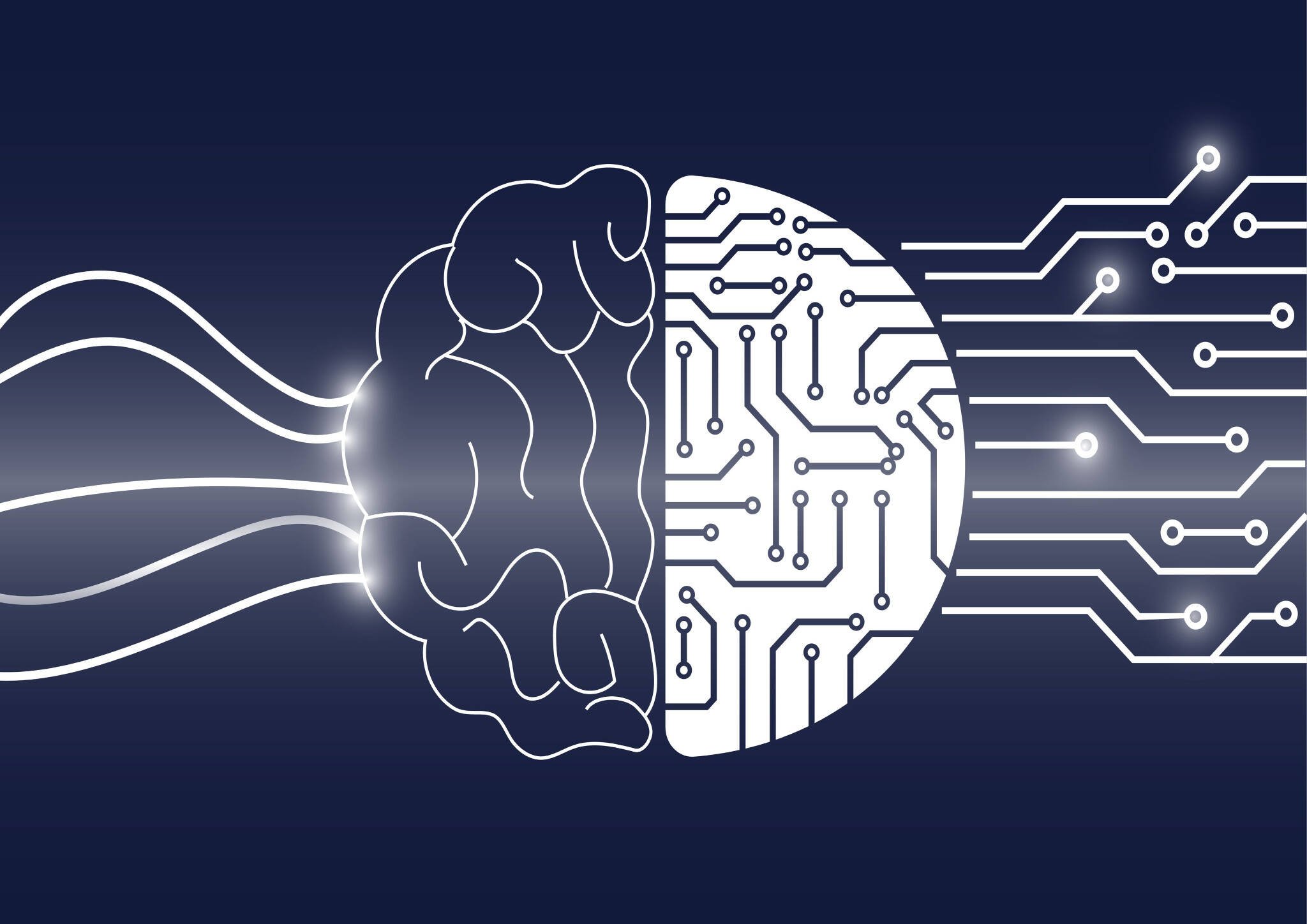
"Alan Turing's 1950 test set a simple standard: if a judge can't tell whether they're conversing with a human or machine, the machine passes. By this metric, many chatbots are already "intelligent." You can test this yourself at Turing Test Live. Recent studies from Queen Mary University and University College London found people can't reliably distinguish human voices from AI clones."
"That's great news for scammers, not so good for the rest of us. Keep that in mind the next time your kid calls to ask for a quick loan via Venmo to pay for a car accident - it may not actually be your child in trouble but you and your bank account if you pay up. But is the AI being used for this actually intelligent or just very, very good at faking it? This is not a new question."
Early programs like ELIZA used simple pattern matching and canned responses to create an illusion of intelligence. The Turing Test measures conversational indistinguishability between humans and machines, and many modern chatbots already meet that criterion. Recent voice-cloning research shows people often cannot reliably tell human voices from AI-generated ones. That realistic mimicry creates opportunities for scammers to impersonate loved ones and commit fraud. Philosophical critiques such as the Chinese Room argue that fluent responses arise from symbol manipulation rather than semantic understanding. Machines can process syntax without possessing genuine comprehension or consciousness.
Read at Theregister
Unable to calculate read time
Collection
[
|
...
]